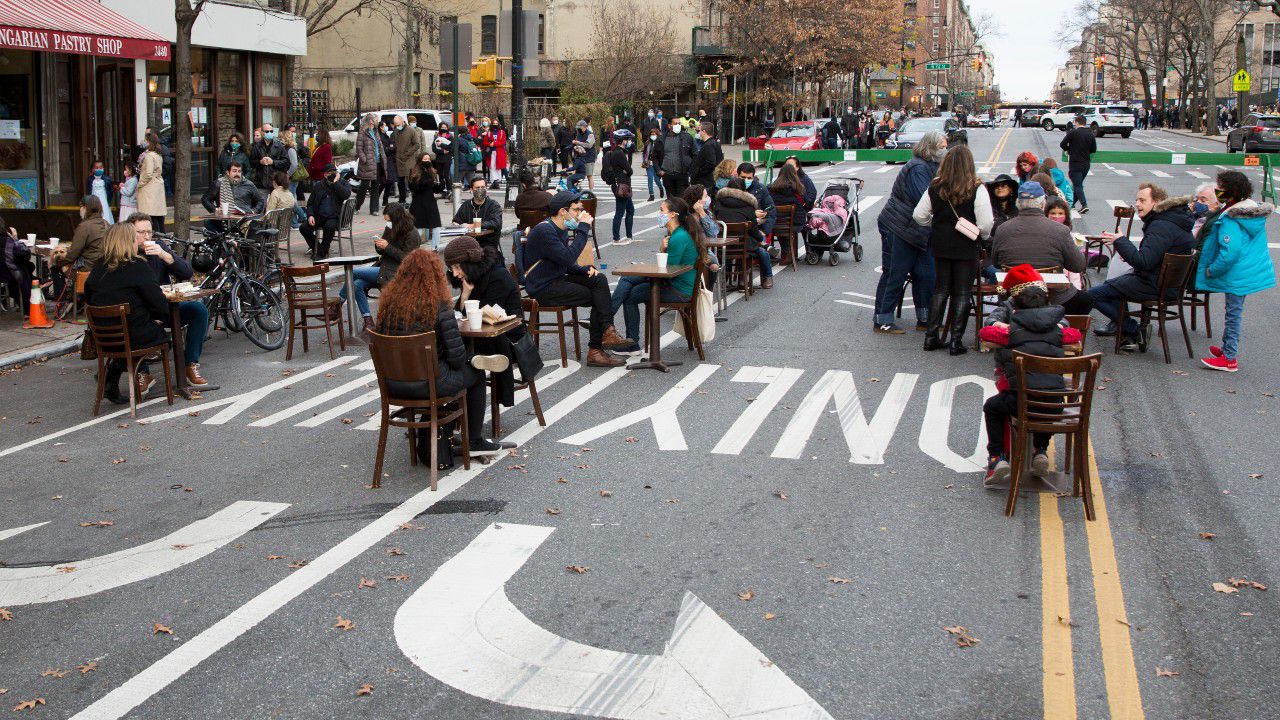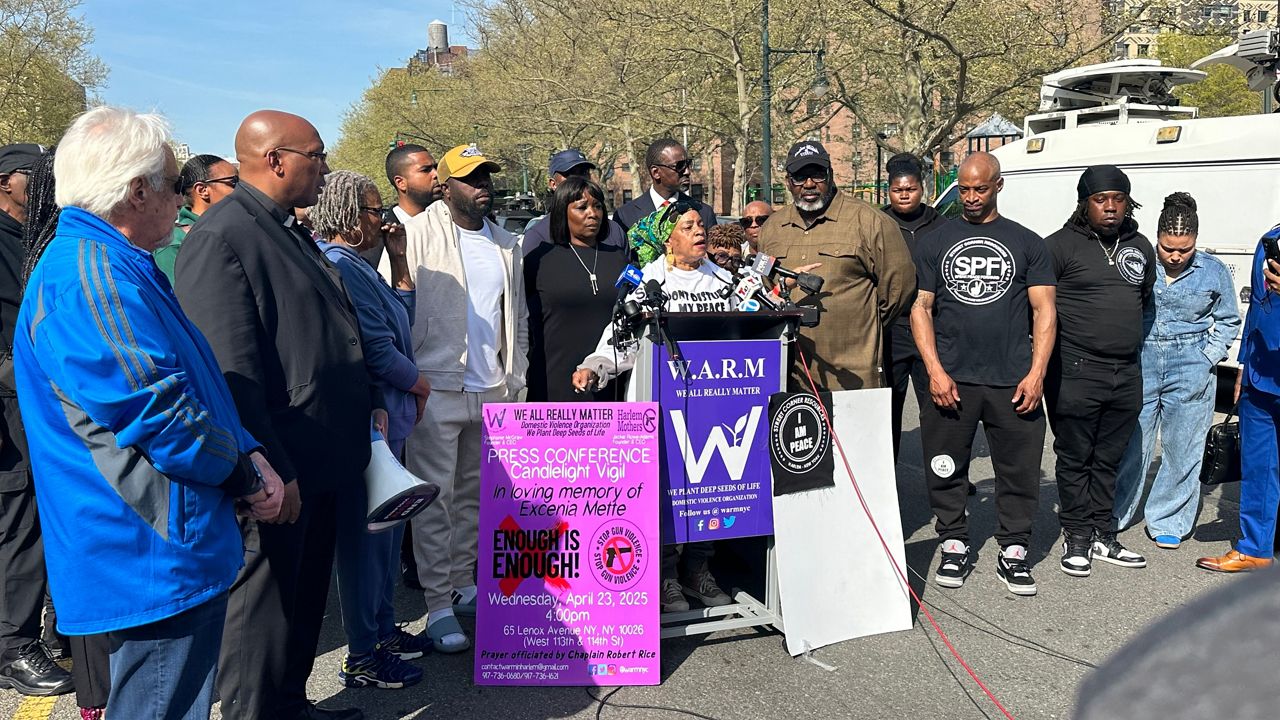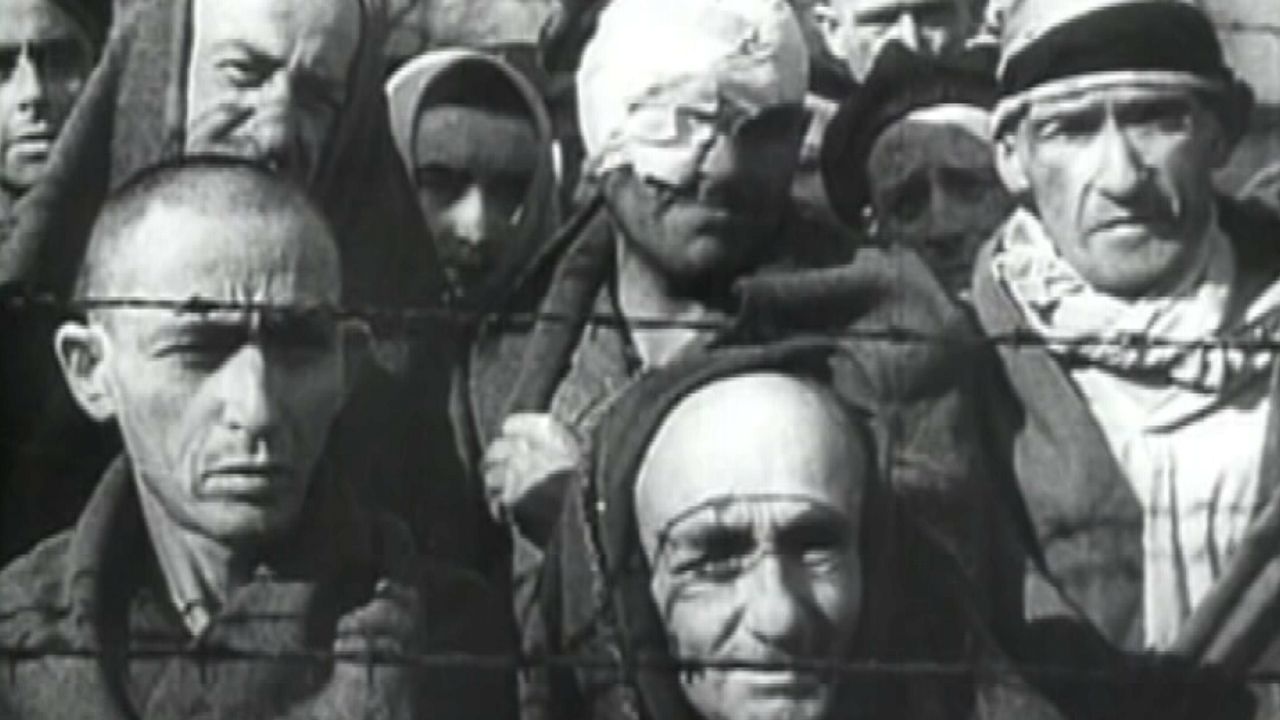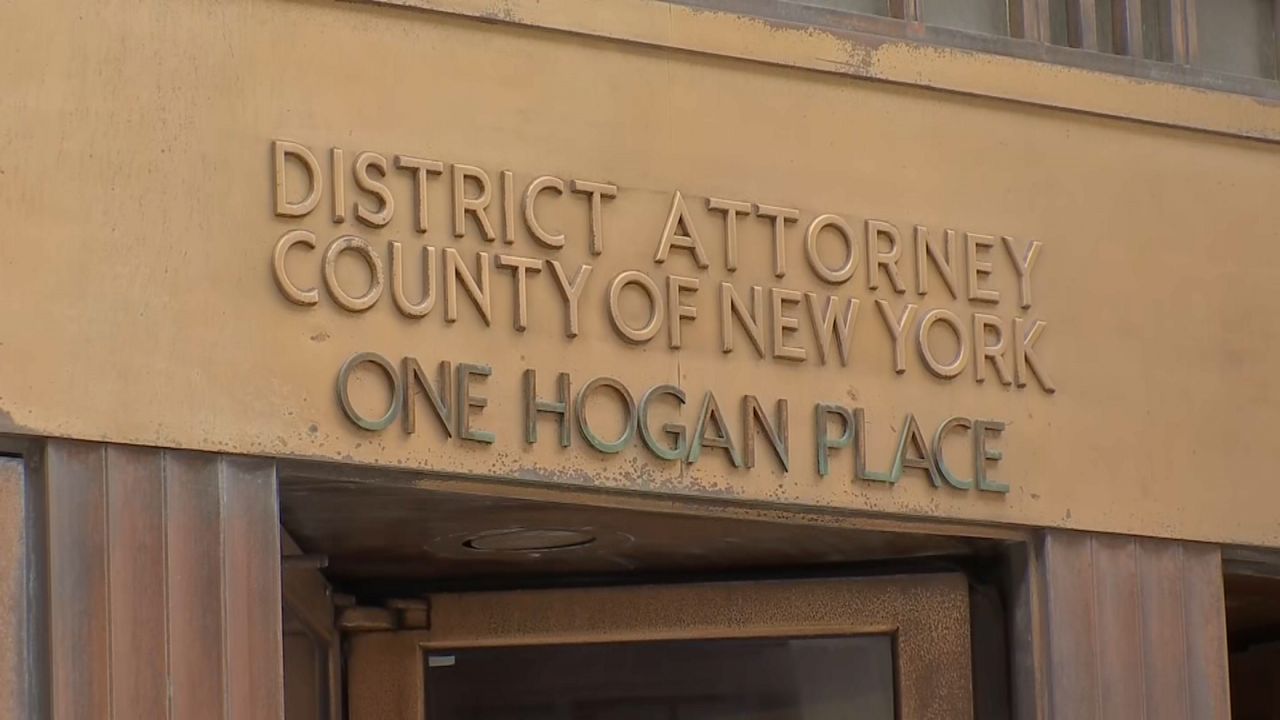The People’s March kicked off in Foley Square Saturday, a protest of the incoming Trump administration’s policies.
“For me, what really hits home is immigration, and mass deportation. I think that as a Latino that it scares me a lot, and I know a lot of people who are facing uncertainty with their status, and I wanna be here for them,” said Diego Figueroa, 21, on what drove him to come out to today’s march. “I wanna be their advocate, I wanna be their voice.” Figueroa comes from a Cuban and Dominican immigrant household.
What You Need To Know
- The People's March is born out of the Women’s March in 2017 when President Trump was first elected into office
- New York City's event kicked off Saturday, marching from Foley Square up to Washington Square Park
- New Yorkers and others from the area protested Trump's policies, voicing their concerns over abortion access, immigrants' rights, LGBT rights, racial justice and climate change
Xandra Velazquez, 18, came out to the People’s March for the first time. She says she’s always been interested in political activism.
“I really care about women’s reproductive rights, the freedom to choose, the freedom to decide what someone wants to do with their own body. I believe that it’s horrific that people are trying to make decisions on behalf of everyone in the country,” Velazquez said.
Courtney Bevilacqua says she’s been coming to the march for eight years now. “I have a queer kid, so it’s very important for me to show up for them, and for all queer people, and for women, and for anyone who just is seeking liberation.”
The march, which ended in Washington Square Park, is done in solidarity with the national People’s March in Washington, D.C. The People’s March was born out of the Women’s March in 2017, when President Trump was first elected into office.
The crowd in Manhattan was a mix of Gen-Z and older community members. Figueroa, who goes to City College, believes this is a moment for young people to make their voices heard.
“We’re going to be the changemakers for generations to come. And we’re going to have to try to curtail some of the damage that’s done to this planet, done to women, done to immigrants,” he said.
Ahead of Inauguration Day Monday, protesters Saturday vowed to continue being part of the Trump resistance during his second term.
“Now that Trump is going to be back in office, it’s a very scary time, and I think that it’s better for me to be here saying what I believe than sitting at home and feeling powerless,” Velazquez said, adding that she’ll continue protesting and raising awareness about social justice issues.
Bevilacqua says these times feel heavier for her, and that showing up here today fills her with hope. “What is going to get us through these next couple of years is community, and taking care of one another, and that’s what this is,” she said.
The event is organized by different activist groups, including Planned Parenthood, the National Women’s Law Center, Abortion Access Now, and the Women’s March.
While it mirrors the main march in D.C., it’s one of many similar events taking place in cities across the nation.





_PKG_SCHOLAR_SOPHIA_GU_CLEAN_134046578_1837)


_Pkg_Pope_Francis_ESP_MASS_Clean)
